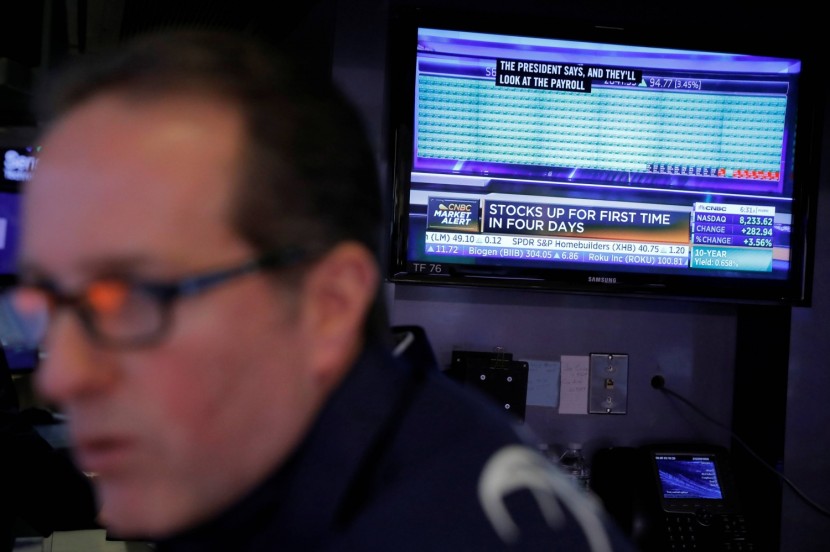
Following Wall Street hitting rock bottom for the first time since the 1987 Black Monday, Asian shares plummeted as Friday the 13th proved to be truly unlucky and brought more turmoil to the stock market amid the reeling uncertainties brought by the coronavirus pandemic.
Benchmarks in Thailand, India, and Japan plunged down to as much as a 10% loss. India's Sensex went back and forth with gains and losses after a 10% loss halted trading for a brief while. On the other hand, Tokyo's Nikkei closed down by 6% and in Bangkok, after a temporary suspension of trading, Thailand SET gained 0.5%.
Fears that the economic fallout caused by coronavirus might deepen have caused markets worldwide to retreat, also the meltdown of the United States economy, which is the world's biggest has thrashed the confidence of the worldwide stock market.
However, a bit of hope sparked that the actions of the government were beginning to resonate as panicked investors began to venture back into the market in search of bargains.
In mainland China, losses narrowed as the communities are still recovering from the worst-hit of the virus with the Shanghai Composite index only falling by !.5% to 2880.14
Circuit Breakers triggered all over Asia
In the past few days, there has been a huge sell-off in the global stock markets which has triggered halts in major stock exchanges, this has become increasingly common in the past week as major investors in the global stock market continue to fear the impact of the novel coronavirus.
In the United States, in a span of one week, the "circuit breaker" was pulled twice in order to prevent wild plunges in the stock values as the 11 year bull-market run ended and fell into the bear-market.
Asia also followed suit as countries like Japan, India, South Korea, Thailand, Indonesia, and the Philippines also triggered the circuit breakers in their markets this week.
A "circuit breaker" is a measure that is implemented when price movements have been considered to become overly volatile. It can take form in a temporary suspension of trading or putting a limit on the buying and selling of securities in a specific price range. Every stock exchanges and jurisdictions have their own rules on how the circuit breakers would entail, how long they would be in place and at what point do they kick in.
In the past three weeks, financial markets have been very inconsistent, stocks have come back and forth in rising and dropping. As a result of new cases and evolving measures to contain the coronavirus outbreaks, there also arises new worries and problems in the economy, with the biggest hit still being felt by investors and businesses.
The economy has faced a lot of problems that are connected to coronavirus these days, including the so-called "Black Monday," and the plunge in oil prices which was even worsened by the feud between Saudi Arabia and Russia.








